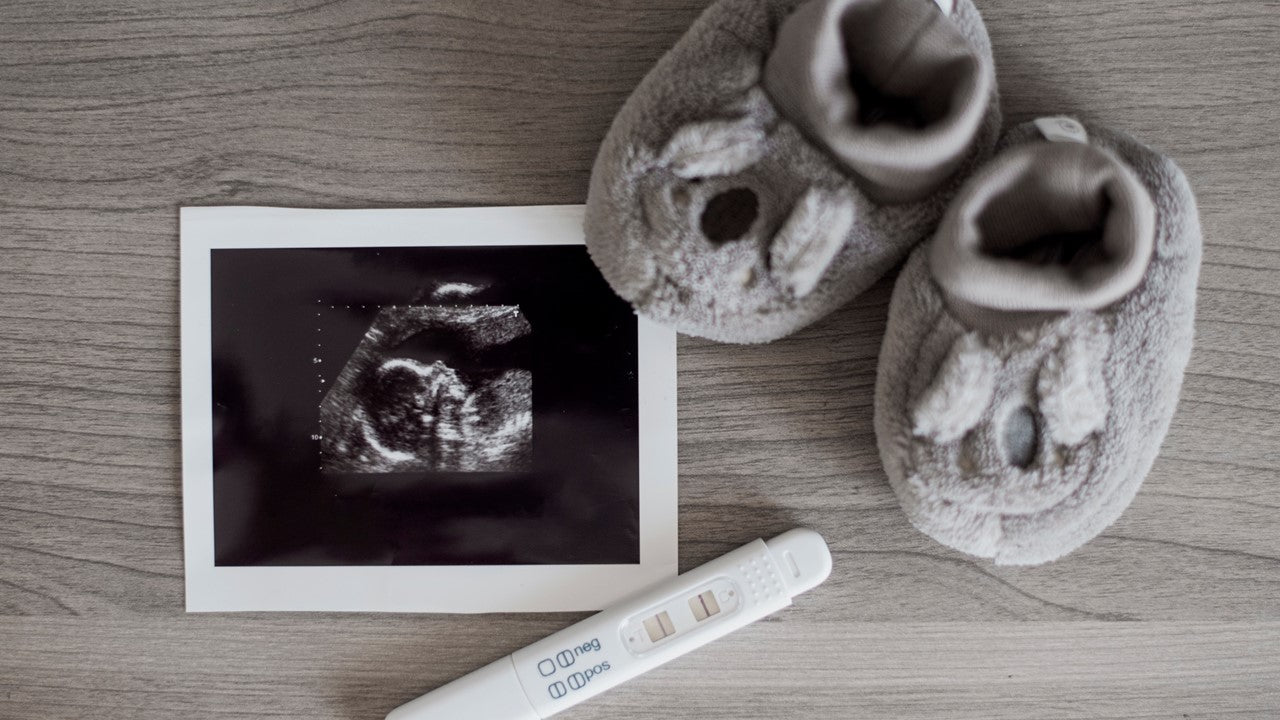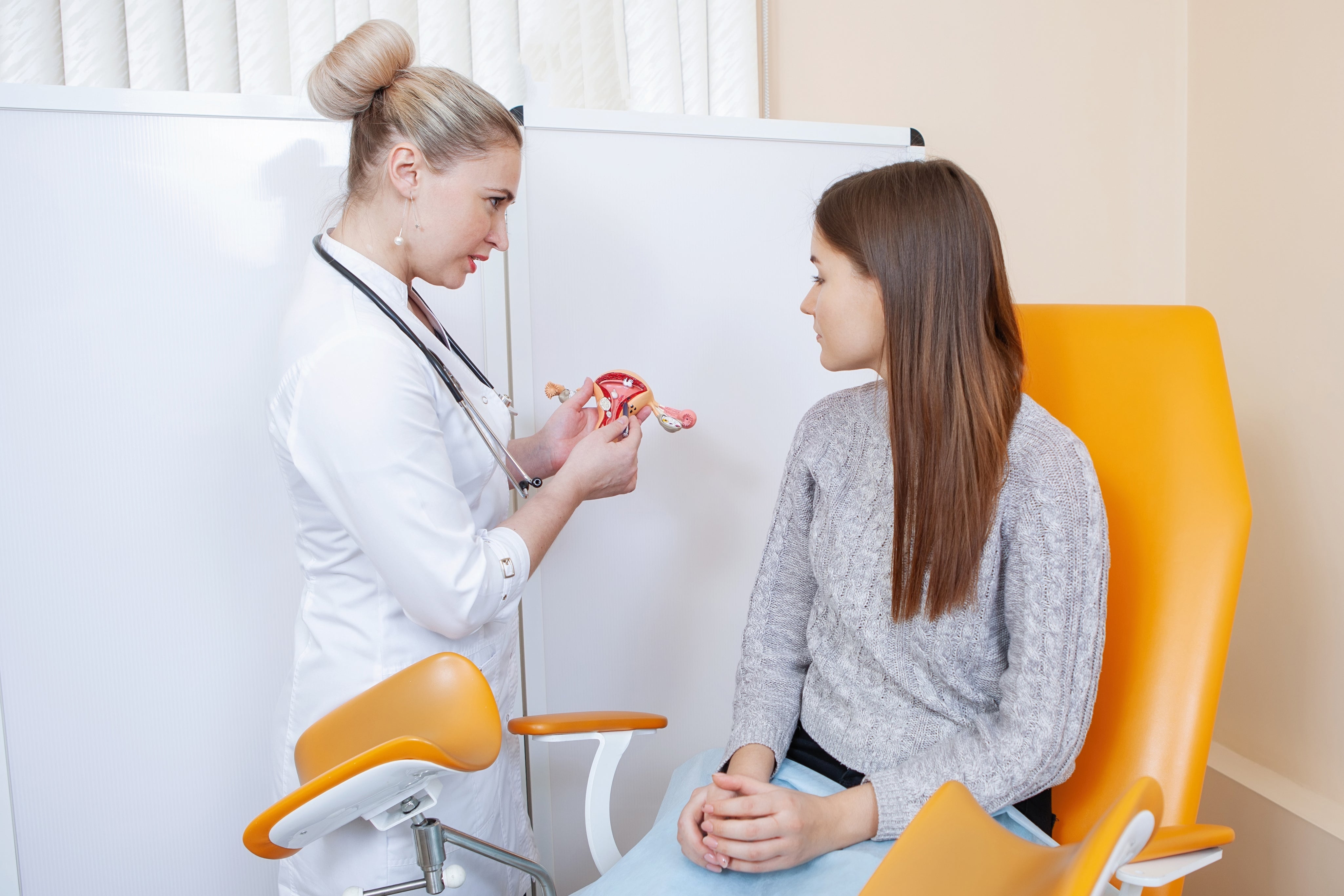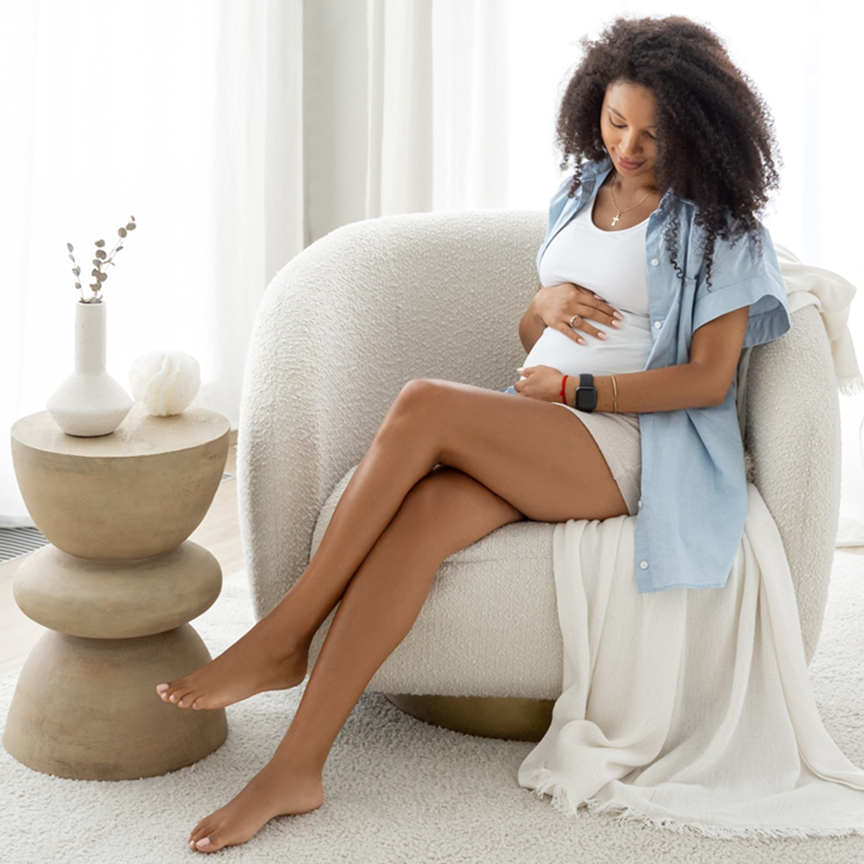Fertility after 35: is it too late to get pregnant after 35?

Since 1958, the International Federation of Gynecology and Obstetrics (FIGO) defines late pregnancy as when women are 35 years of age or older. Hearing in these times that at 35 a woman is considered elderly is a surprise to many, including me. At thirty-five we consider ourselves and feel young. My image of a 35-year-old woman is that of a person full of life, with professional and personal dreams and aspirations, far from an elderly person. It is assumed that the biological clock of women "explodes" at age 35. While there is some truth to this simplistic statement, the human body is much more complex and individual, and fertility is no exception.

It would be ideal if all women could become pregnant before the age of 35; but in a real world where there are careers, priorities and needs such as economic stability, it is not always possible. Many women need to achieve certain goals, live, mature and find the right person and not everything happens in a chronological order or in the order that you want.
Studies claim that 4 out of 5 healthy women in their 30s should be able to have children within a year of starting to try.
Now I show you what the statistics tell us:
Age and fertility of women: decline more pronounced after 35
The optimal reproductive age of women is reached during the last years of adolescence until the mid-20s. A Princeton University study published in 1986, analyzing data from multiple populations for more than three centuries, showed a gradual decline in female fertility between ages 20 and 30, followed by a steeper decline from ages 35 and up. then an even more marked decline at age 40.

Ovarian reserve warns of age-related loss of fertility
The female ovary contains a certain number of follicles established before birth, which decrease with increasing age and culminate in menopause. The ovarian reserve ( you can read more about the ovarian reserve here ) represents the number and quality of the remaining oocytes at a given time.
It is important, for all women who are of childbearing age, to know their ovarian reserve if they want to have children; according to the American Society for Reproductive Medicine, it is difficult to predict the rate of reproductive decline in each woman.

In a study carried out in the United Kingdom, scientists have created a model that, based on historical data, estimates the number of follicles that a woman can have from conception to menopause.
This model estimated that 95% of 30-year-old women only have 12% of their total follicles at birth and at 40 only 3% would remain. This quantitative change translates into lower chances of pregnancy. At the same time, fertility specialists say that the quality of these remaining eggs declines with age.
Because the ovules represent the majority of the embryo's early development potential, lower oocyte quality leads to lower chances of pregnancy.
Is it too late to try to get pregnant after 35?
For most healthy women, it's not too late to start, or increase, a family after age 35. It's generally better to start trying sooner rather than later, but it doesn't mean that everyone will have a very difficult time getting pregnant once the magical 35 hits.
An interesting study carried out in 2014 called “Too old to have children? Lessons of natural fertility in populations”, analyzed data from 58,051 women in different populations from different historical periods, to estimate an age curve for these women at their last childbirth. Scientists reported that 88% of women could have children after the age of 35. By age 38, it dropped to around 80%, but that's still a very high number of women who had children in their late 30s.

A 2016 analysis of more recent data, from 960 women with no known fertility problems (such as PCOS or endometriosis ), is also reassuring. After approximately one year (12 menstrual cycles), 71-76% of women between the ages of 36 and 39 were able to conceive.
What can I do to optimize my reproductive health after 35?
Think of age 35 as a push to think about your overall health, including your reproductive health, instead of thinking that it's the cutoff age or when your fertility may start to decline.
Here are some tips to optimize your fertility after 35:
- Visit your gynecologist, get the relevant tests and know your options
- Support your ovaries and eggs with antioxidants such as Coenzyme Q10, Alpha Lipoic Acid and Vitamin D
- Know your fertile days
- Maintain a healthy weight
- Start taking complete prenatal vitamins like our Excellece Fertility Prenatal Vitamins
- Maintain a healthy diet rich in antioxidants, healthy fats, fruit, vegetables, and good quality protein.
- Avoid smoking and be careful with alcohol
References
0 comments



